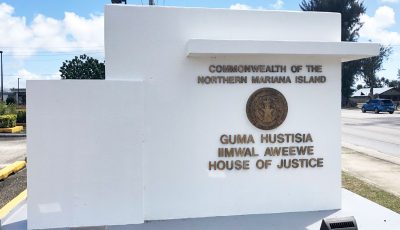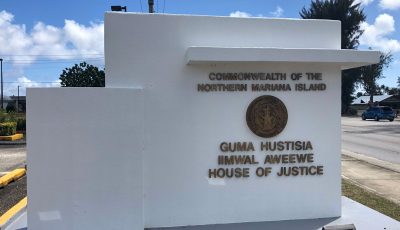High Court reverses pot possession conviction
On Dec. 29, 2015, the Supreme Court issued its decision in Commonwealth v. Kendall, 2015 MP 14, reversing the trial court’s judgment that convicted Brian Kendall of possession of a controlled substance.
On appeal, Kendall argued there was insufficient evidence to convict him of possession of a controlled substance because the evidence adduced at trial did not satisfy the essential elements of that crime. Specifically, he argued there was no evidence that could lead a reasonable juror to find him in actual or constructive possession of the marijuana found to the east of his residence.
The high court ruled in favor of Kendall. The justices explained that Kendall did not have actual possession of the marijuana because he never had direct physical control of the contraband. Moreover, the high court stated in paragraph 14 that Kendall did not constructively possess marijuana because “[t]he record, viewed in the light most favorable to government, merely indicates that a potted marijuana plant was found to the east of Kendall’s home.” Here, the high court noted that the record contained “no testimony that the plant was found on Kendall’s property or in close proximity to the house, and the [photographic evidence was] only identified as a fair and accurate representation of the plant—not its location—on the day it was found.” The Supreme Court concluded that it required “more evidence than a mere statement that a marijuana plant was found to the east of Kendall’s home to find constructive possession.” Therefore, it reversed Kendall’s conviction and remanded to the trial court for proceedings consistent with the opinion.
The Supreme Court’s full opinion is available at http://www.cnmilaw.org/supreme15.html. (NMI Judiciary)



























